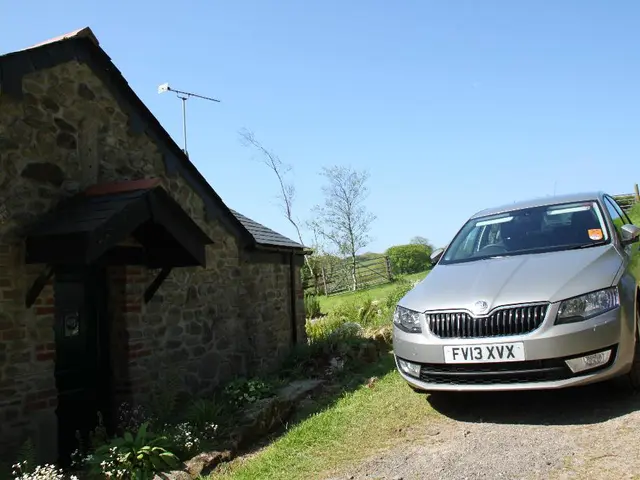Climate conference initiates in Azerbaijan, emphasizing the necessity for substantial action on climate financing.
The United Nations Climate Change Conference (COP29), held in the Azerbaijani capital Baku, commenced on November 11 with an appeal for participants to tackle the pressing issues at hand. UN Climate Change Executive Secretary Simon Stiell stressed the need for nations to agree on a new global climate finance goal during his opening remarks.
Stiell emphasized that climate finance assistance should not be considered as charity, but rather as essential for the collective prosperity of all nations, regardless of their wealth. He warned that if two-thirds of the world's countries cannot afford to lower emissions quickly, every nation will bear the brunt of the consequences. Without resilient supply chains, the entire global economy stands at risk, as no country remains immune.
Over the subsequent two weeks, up to 80,000 participants from nearly 200 countries, including world leaders, experts, and activists, will gather in Baku to address climate finance and other global warming-related concerns. The primary objective of the conference is to secure USD 100 billion annually to help developing countries combat climate challenges.
In his welcoming remarks, COP29 President Mukhtar Babayev, also Azerbaijan's ecology minister, underscored the significance of the conference outcomes, stating that new efforts should produce more effective results. Acknowledging the difficult negotiations ahead, Babayev expressed confidence that they would achieve the conference's main objective.
Azerbaijan, as a major fossil fuel producer, hosts COP29 amid debate over its commitment to reducing emissions. As the president's administration seeks to bolster Azerbaijan's international prestige, the success of the USD 100 billion fund-raising goal would be a deciding factor in cementing a positive image for the host nation. Conversely, the meeting's inconclusive outcome could result in negative repercussions for Baku.
Recent months leading up to the conference have garnered extensive publicity for Azerbaijan, much of it negative. Aliyev's administration has faced widespread criticism for its crackdown on internal dissent, while influential Western news outlets have analyzed Azerbaijan's climate action record. Aliyev accused these outlets of waging a "smear" campaign against Baku, further exacerbating tensions.
In a move that contradicts its climate messages, the Azerbaijani administration has also vowed to expand oil and gas production, raising questions about the nation's dedication to the Paris Climate Agreement.
COP29's outcomes remain uncertain, as many key global leaders, such as China's Xi Jinping, will be absent from the meetings due to the Russia-Ukraine war. Among those expected to attend are UN Secretary-General Antonio Guterres, President of the European Council Charles Michel, and a world-renowned Indian guru, Sadhguru.
The United States will send a low-profile delegation led by White House senior adviser John Podesta, leaving doubts about future U.S. contributions toward the COP29 financing target, given Donald Trump's past electoral victory and pledge to withdraw from the Paris Climate Agreement.
Regional issues with significant social and economic implications could potentially see progress at COP29. For instance, the Taliban's representatives have joined the conference for the first time, providing an opportunity for Central Asian states to engage Afghan counterparts on the Qosh Tepa canal project, which could disrupt the delicately balanced water supply across Central Asia. Central Asian nations, including Kazakhstan and Uzbekistan, hope to bring Afghanistan into a regional water-management framework, a concept that the Taliban has thus far rejected.
The outcomes of COP29 in Baku aim to advance climate finance, tackle loss and damage, and navigate complexities around fossil fuel production and global climate leadership, potentially influencing future climate negotiations, particularly in the lead-up to COP30 in Brazil.
- Simon Stiell, the UN Climate Change Executive Secretary, emphasized that climate finance assistance should not be considered charity, but essential for the collective prosperity of all nations, regardless of their wealth.
- Azerbaijan, as a major fossil fuel producer, hosts COP29 amid debate over its commitment to reducing emissions, raising questions about its dedication to the Paris Climate Agreement.
- Amidst the COP29 discussions, the Taliban's representatives have joined the conference for the first time, providing an opportunity for Central Asian states to engage Afghan counterparts on the Qosh Tepa canal project.
- The United States will send a low-profile delegation led by White House senior adviser John Podesta to COP29, casting doubts about future U.S. contributions toward the conference's financing target.








